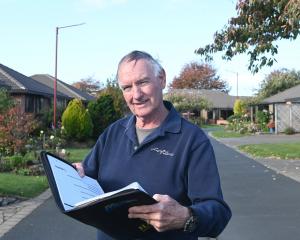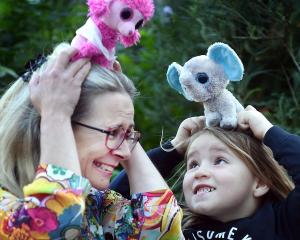
She is the newly appointed University of Otago Centre for Sustainability director and wants to bring her ‘‘passion for applied research that makes a difference to our society’’ to the role.
Prof Orchiston’s background is in both Earth and social sciences, and her research has involved aspects of tourism disaster resilience and recovery; community and business resilience; and scenario planning for impacts to critical infra structure and emergency man agement during earthquake disasters.
For the past six years, she has been the science lead for the Alpine Fault Magnitude 8 (AF8) project, which is a multi-agency collaboration to improve response planning and community readiness for the next major alpine fault earthquake.
She is also a QuakeCoRE (NZ Centre for Earthquake Resilience) associate director; Cultural and Social Factors Shaping Resilience programme co- leader; and Rural Theme for Resilience to Nature’s Challenges co-leader, which focuses on resilience in rural communities, tourism and agribusiness.
‘‘I’m also interested in the communication of complex science, and the importance of effective tools and methods for creating a dialogue with communities, practitioners and policymakers so we can collaborate to improve outcomes.’’
Prof Orchiston joined the centre in March 2016 as a research fellow, and said she believed it was more important than ever for Otago to be involved in resilience to nature’s challenges.
‘‘From a sustainability perspective, there is overwhelming evidence of human impacts on the health of our planet, and growing uncertainty about the future.
‘‘However, there is also much to be optimistic about, with rapid innovation and political will shifting towards enabling more efficient, clean technologies and cheaper sustainable solutions.
‘‘At the heart of these global challenges are people, and our research at the Centre for Sustainability is especially important in understanding the social and cultural dimensions of sustainability and uncertainty.
‘‘We all need to be part of that conversation, and we would like to be at the forefront of leading and enabling our team, and others across campus, to apply their academic skills to tackle sustainability issues.’’












